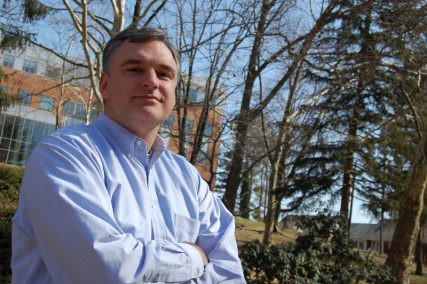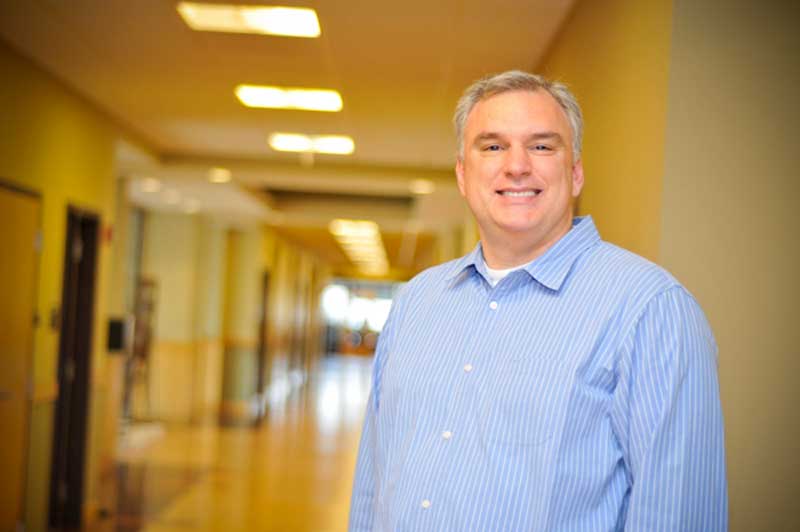

And although the sources are a beginning, the historian is present before or after, using skills and making choices. They come alive when the historian reanimates them. As John Arnold has noted, “The sources do not ‘speak for themselves’ and never have done. The historian works closely with the stuff that has been left behind-documents, oral testimony, objects-to make the past come alive. History is an exciting act of interpretation-taking the facts of the past and weaving them into a compelling narrative. As historian John Tosh writes, “All the resources of scholarship and all the historian’s powers of imagination must be harnessed to the task of bringing the past to life-or resurrecting it.” The past is messy, but historians make sense of the mess by collecting evidence, making meaning of it, and marshaling it into some kind of discernible pattern. It is the art of reconstructing the past. Yet we would be foolish to suggest that it has not had its way with us-shaping us, haunting us, defining us, motivating us, empowering us. Sometimes the documentary or oral evidence that tells us what happened in the past is limited or untrustworthy. S the chronological distance from a particular moment in the past grows greater, our memory starts to fail us. Thank you for supporting our publishing ministry.The following is an excerpt from the first chapter of Why Study History, by John Fea. To keep reading, subscribe-subscriptions begin at $4.95-or log in. This article is available to Christian Century magazine subscribers only. The experiences and ideas of Christians over the past two millennia mattered little. In 1838, Ralph Waldo Emerson told the graduates of Harvard Divinity School that “the need was never greater of new revelation than now.” Human beings should throw off the shackles of the past and find the divine within, he said. And Americans have often been suspicious of inherited wisdom. They thought that Christians could dispense with centuries of history and return to the purity of the early church. The “restorationist” Christians of the early 19th century rejected denominationalism. In America, Christians have often discarded much of that past. Even as they point us to a future final consummation of God’s kingdom, they encourage us to tell our children about the wondrous things God has done in the past. Our scriptures tell of the ancient interactions between God and a chosen people. Ours is a historical faith, oriented around the life of a man who lived 2,000 years ago. Americans are enchanted with the past but suspicious of formal attempts to study it.Ĭhristians should love history. But they also tend to fall asleep in history class.


They watch the History Channel and episodes of a costume drama like Downton Abbey, and they flock to Civil War battlefields and compile their genealogies on.


 0 kommentar(er)
0 kommentar(er)
